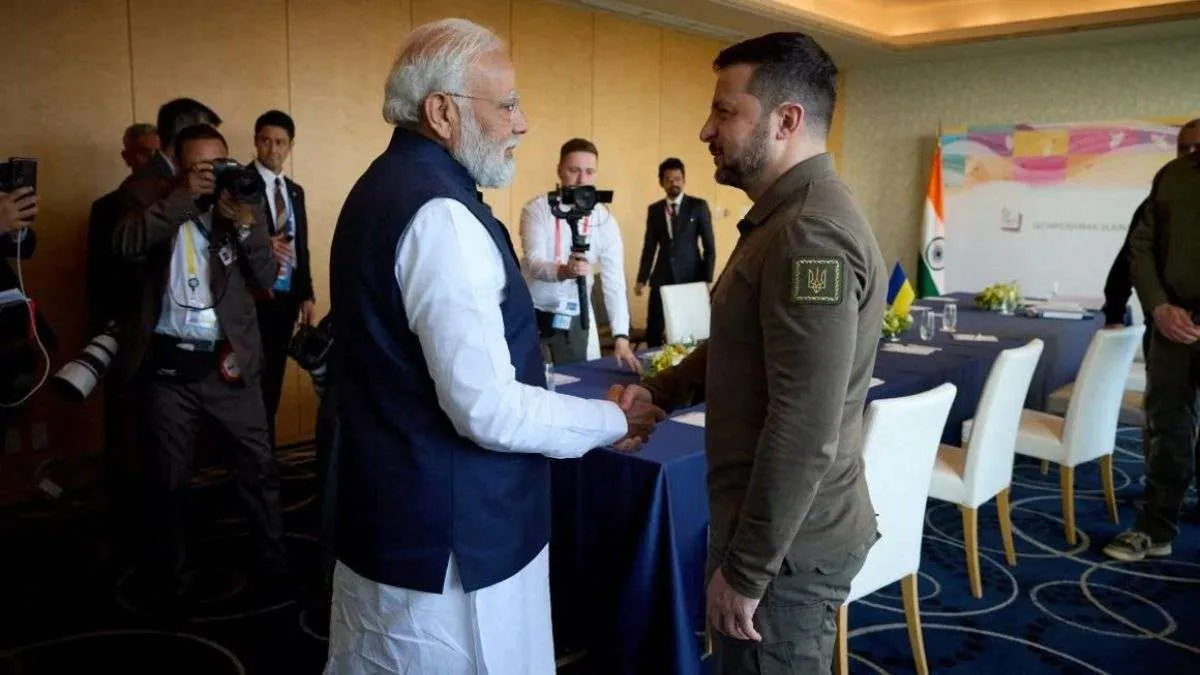In a significant diplomatic maneuver, Narendra Modi, India's Prime Minister, is set to visit Kyiv on August 25, 2024, following his controversial Moscow trip in July. This shift in focus from Russia to Ukraine marks a potential turning point in India's foreign policy approach to the ongoing conflict.
Modi's Moscow visit, which included a warm greeting with Vladimir Putin, drew sharp criticism from international quarters, particularly the United States and Ukraine. The timing of the visit, coinciding with Russian airstrikes on Ukrainian targets, further intensified the backlash.
Eric Garcetti, the U.S. Ambassador to India, pointedly reminded that India's ties with the United States should not be taken for granted. Meanwhile, Volodymyr Zelensky, Ukraine's President, expressed deep disappointment at Modi's actions.
"It is a huge disappointment and a devastating blow to peace efforts to see the leader of the world's largest democracy hug the world's most bloody criminal in Moscow on such a day."
The planned Kyiv visit appears to be an attempt to mend fences and recalibrate India's position. This diplomatic gamble by Modi and External Affairs Minister S. Jaishankar reflects a reassessment of India's reliance on Russia, particularly in light of Moscow's recent failures to deliver on military hardware commitments.
India's longstanding doctrine of strategic autonomy, which emphasizes an independent foreign policy, has come under scrutiny. Critics argue that it has become a justification for ad hoc, transactional policies, as evidenced by India's continued purchase of Russian oil despite international pressure.
The shift in India's stance may also be influenced by the realization that efforts to prevent Russia from aligning closely with China – India's principal long-term adversary – have been largely unsuccessful. Russia's increasing diplomatic isolation has left it with few strategic partners besides China.
Modi's personal approach to diplomacy, a hallmark of his tenure since 2014, may play a role in this new initiative. He might aim to position India as a potential mediator in the conflict, leveraging its historic ties with Russia and his own diplomatic skills.
However, the success of this diplomatic venture remains uncertain. The United States and its Western allies may be skeptical of India's ability to serve as an impartial intermediary, given its past closeness to Russia. Nevertheless, Modi's willingness to undertake this bold initiative could signal a significant shift in India's previously neutral stance on the conflict.
As the situation unfolds, the international community will be watching closely to see if Modi's Kyiv visit proves to be a mere symbolic gesture or a genuine catalyst for change in the region's complex geopolitical landscape.
